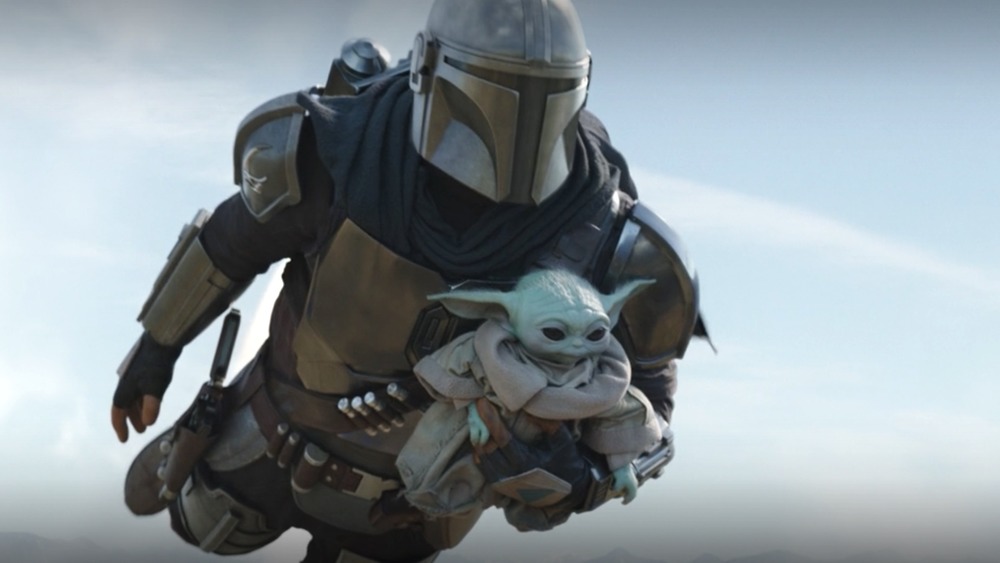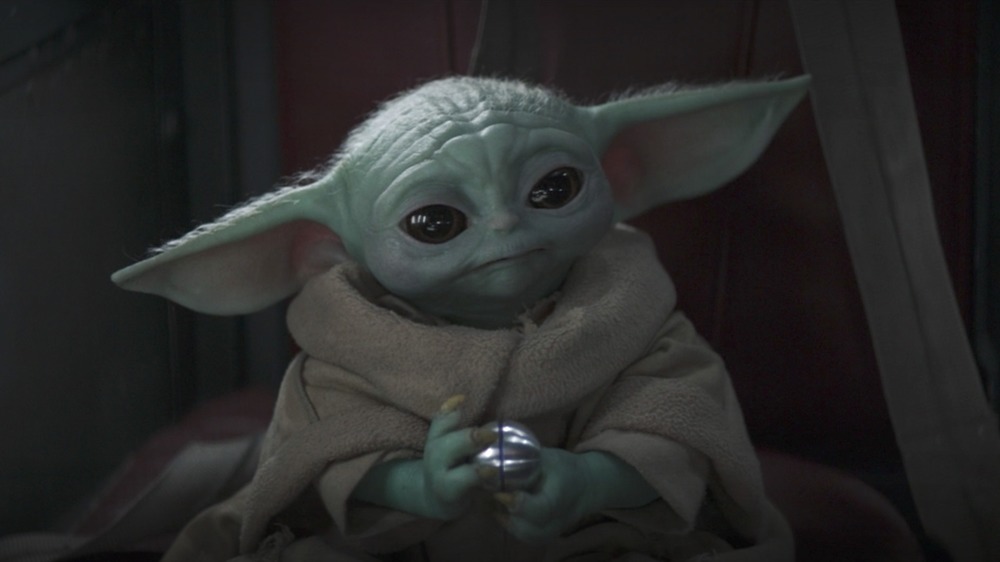What Are Foundlings? The Mandalorian Term Explained
The Mandalorian, the Star Wars live-action TV series on Disney+, has added many iconic characters and stories to the Star Wars canon, like Din Djarin (Pedro Pascal) the bounty hunter, and Grogu — popularly known as Baby Yoda — his adorable charge. In the second season, currently airing on the streamer, Mando and Grogu continue on their quest together to find the remaining Jedi, and return Grogu to them for protection, and to train his Force abilities.
While The Mandalorian has direct ties to the Skywalker Saga films and other Star Wars media, evident in the introduction of Boba Fett (Temeura Morrison) and Ahsoka Tano (Rosario Dawson), what's more significant is how the series has created its own, unique corner of the Star Wars universe revolving around the Mandalorians and their intense history. As audiences follow Mando and Grogu on their journey alongside mercenaries and other interesting characters who are fighting against the remains of the Empire — seemingly led by the villainous Moff Gideon (Giancarlo Esposito) — the show continues to expand on the already existing mythology of the Star Wars universe, with fans putting together the details as they go along.
One new concept introduced by The Mandalorian has been the term "foundling," which the show uses a handful of times in season 1 and 2 in reference to the Mandalorians, and specifically, how Din Djarin himself was adopted by them. The word may seem simple, but it actually holds great significance in regard to Mandalorian culture and their way of life.
Foundlings are children adopted and trained by the warriors of Mandalore
In The Mandalorian, the term foundling is first used in "Chapter 1: The Mandalorian." As the show delves into Mando's history, the series uses foundling to refer to younger members of the Mandalore's culture, with Mando saying "I was once a foundling," followed by flashes of a young Din Djarin hiding in a war zone — right before he is rescued by the Mandalorians.
Foundlings are abandoned or helpless children who, when encountered by a Mandalorian warrior, are taken in and raised by them. Like others before him, Mando was a foundling brought into Mandalore culture and trained to be a capable warrior, and it's clear that the Mandalorians hold foundlings in high regard. What Mando doesn't realize until "Chapter 8: Redemption" is that, through his actions to protect Grogu, he has taken the child on as his own foundling. As Moff Gideon comes looking for Grogu, the Armorer (Emily Swallow) explicitly tells Mando that Grogu "is a foundling [...] By Creed, until it is of age or reunited with its own kind, you are as its father." By taking in a foundling, Mando also earns his Signet and the right to start his own clan.
In Mandalorian culture, taking in foundlings continues their way of life, and is a huge step in a Mandalorian's journey.
At the end of "Chapter 14: The Tragedy," Mando has lost his foundling to Moff Gideon, and he must get him back, both for his personal honor and to save Grogu, who he clearly cares about.

